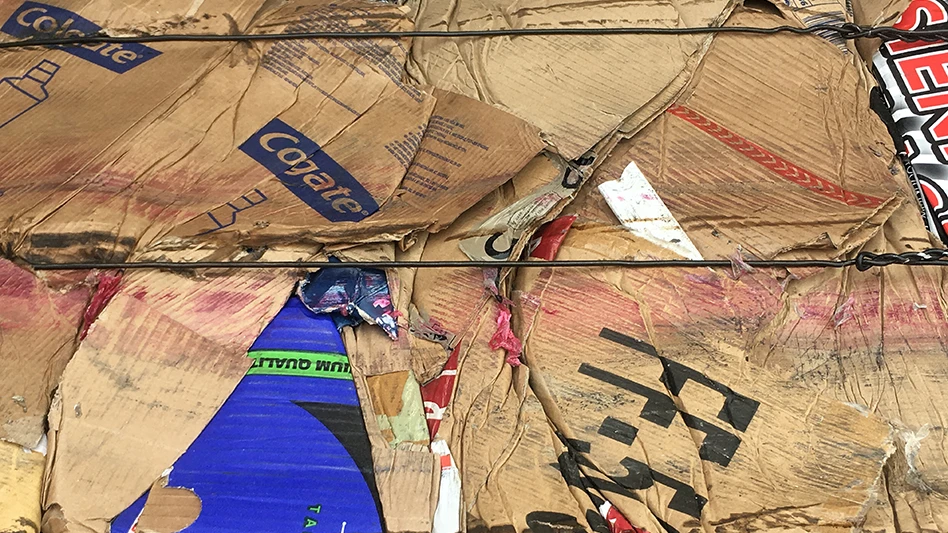
Recycling Today archives
Memphis, Tennessee-based International Paper (IP) plans to permanently close its containerboard mill in Orange, Texas, and to permanently cease production on pulp machines in Riegelwood, North Carolina, and Pensacola, Florida.
The mill in Texas consumes recycled fiber, with the LinkedIn profile of an operations employee there noting he performs maintenance activities on a paper machine and the “recycle plant” in Orange.
A report indicates the pulp line in Pensacola produces “southern bleached softwood” pulp, while the line in Riegelwood focuses on “market-grade softwood pulp” and fluff pulp, which typically is made with long-fiber softwood, according to a North Carolina-based business publication.
IP says the three closures represent a series of actions to further strengthen and optimize its manufacturing system to meet customers’ needs.
“Decisions like these are extremely difficult because of the impact on our employees, their families and the communities in which we operate,” IP Chair and CEO Mark Sutton says. “We are grateful to our employees in Orange, Riegelwood and Pensacola for their significant contributions to the company over the years. We are committed to providing severance benefits, outplacement assistance and more to help employees during this time.”
The permanent closure of the Orange mill will reduce the company's containerboard capacity by approximately 800,000 tons. IP's remaining containerboard mill system in North America will include 17 mills with an annual production capability of 13 million metric tons.
The closures in Pensacola and Riegelwood will reduce IP’s pulp capacity by approximately 500,000 tons (300,000 tons of fluff pulp and 200,000 tons of southern bleached softwood). IP's remaining pulp mill system will include eight mills with an annual production capability of 2.7 million metric tons.
“We believe strongly in the attractive, long-term fundamentals of our businesses and these actions further strengthen our competitive platform,” Sutton says. “Our optimized mill system, with its broad capabilities, gives us the flexibility to meet our customers’ needs today and in the future.”
IP expects the containerboard mill in Orange and the pulp machine in Riegelwood to cease production by the end of this year, while the pulp machine in Pensacola already was idled and will not resume production.
Latest from Recycling Today
- BMW Group, Encory launch 'direct recycling’ of batteries
- Loom Carbon, RTI International partner to scale textile recycling technology
- Goodwill Industries of West Michigan, American Glass Mosaics partner to divert glass from landfill
- CARI forms federal advocacy partnership
- Monthly packaging papers shipments down in November
- STEEL Act aims to enhance trade enforcement to prevent dumping of steel in the US
- San Francisco schools introduce compostable lunch trays
- Aduro graduates from Shell GameChanger program





